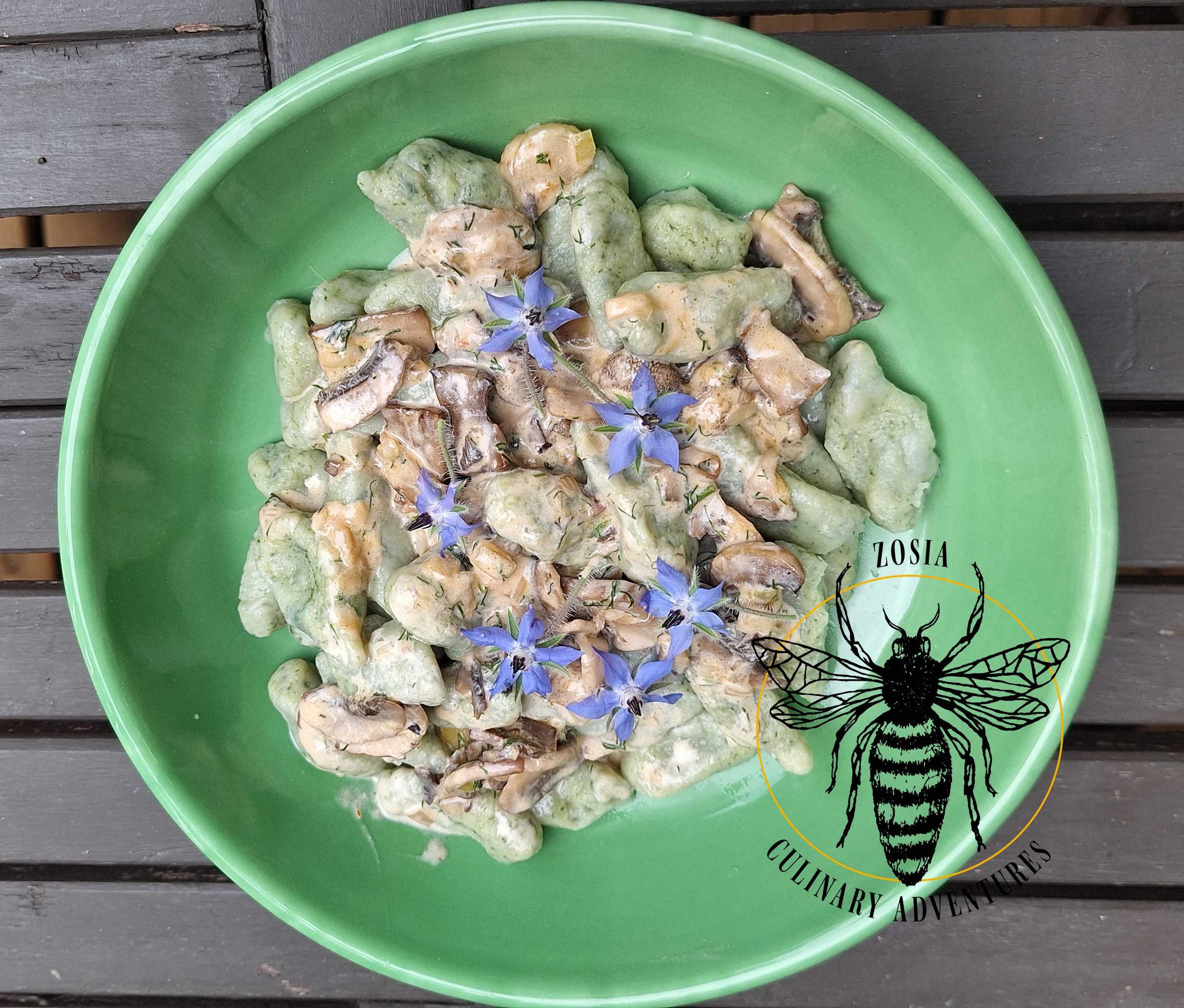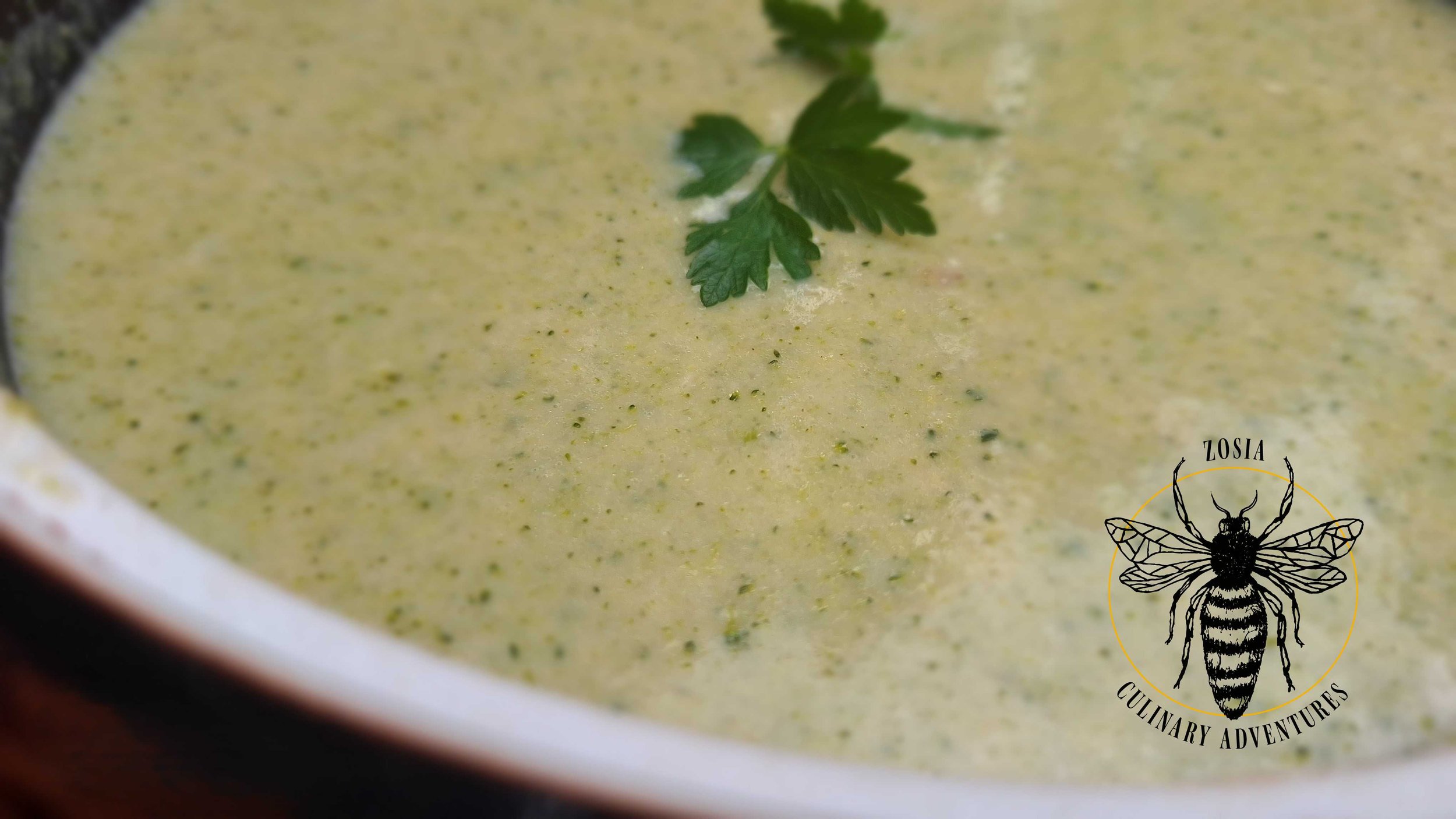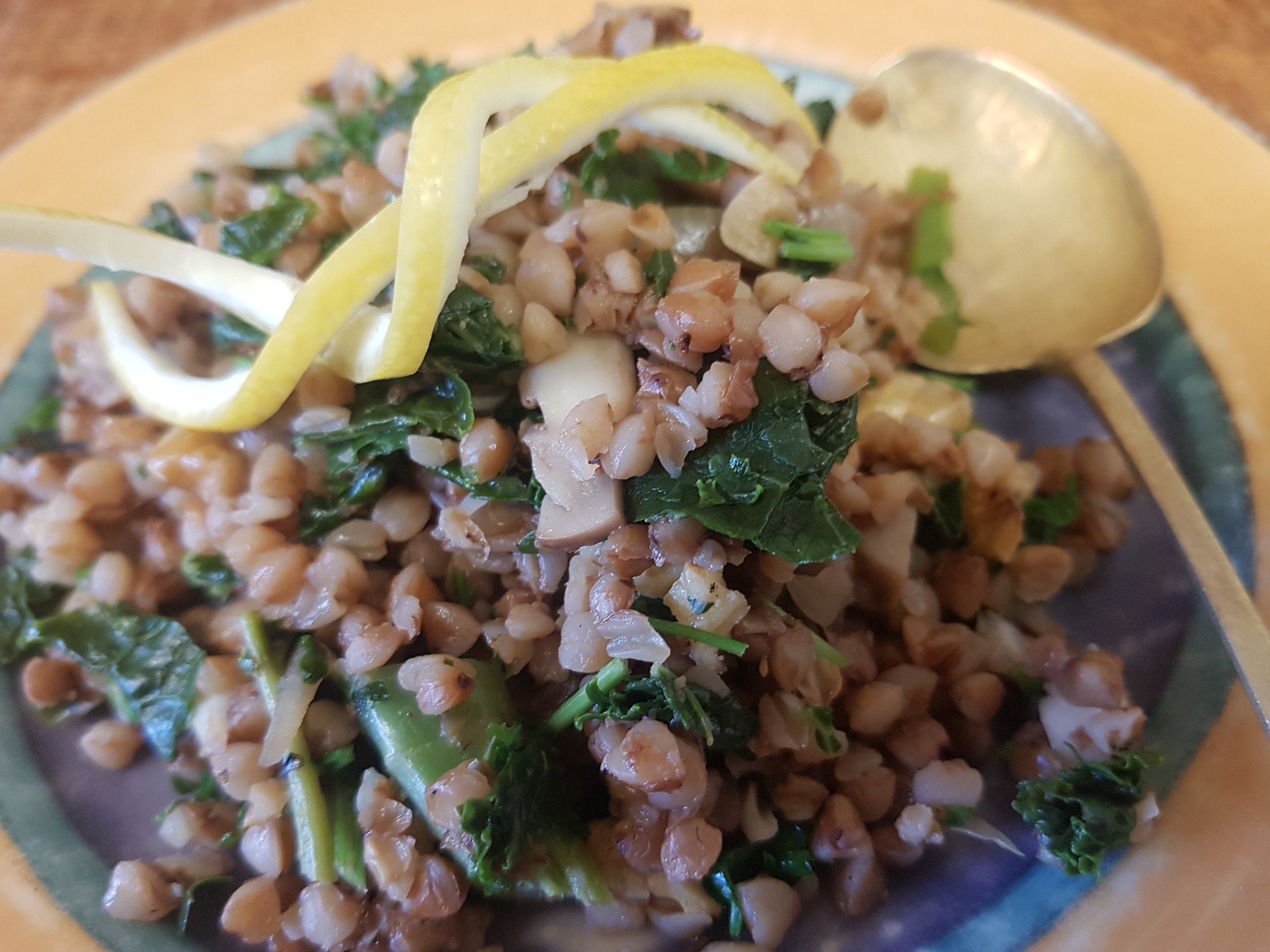Vegetarian
A vegetarian diet is a lifestyle choice that prioritizes the consumption of plant-based foods while excluding meat and seafood. This diet revolves around nutrient-dense fruits, vegetables, whole grains, legumes, nuts, and seeds. Vegetarianism is not only a compassionate approach towards animal welfare but also has significant health benefits. Studies have shown that a vegetarian diet can lower the risk of heart disease, high blood pressure, and certain cancers. Additionally, adopting a vegetarian diet reduces environmental impact by conserving water, reducing greenhouse gas emissions, and conserving land. With an increasing popularity, vegetarianism has paved the way for creative and delicious alternatives to meat, making it an ideal choice for those seeking a nutritious and sustainable dietary lifestyle.
A balanced vegetarian diet provides essential nutrients while keeping weight down naturally. Also, vegetarians have few ills linked to fat consumption. Benefits: Vegetarians are less likely to be obese or have heart disease, lower blood pressure, and fewer intestinal problems than meat eaters. Drawbacks: Strict vegetarians diets may lack some vital nutrients and diets restricted to plants may not be adequate for children as they are constantly growing . It is absolutely crucial to combine plant foods to make a complete protein. Eating legumes( peanut butter) with a grain (whole wheat bread). Examples of complete protein combinations are: Rice and beans; Bean -vegetable chili served with tortillas, Hummus(made with chick peas and sesame seeds).










